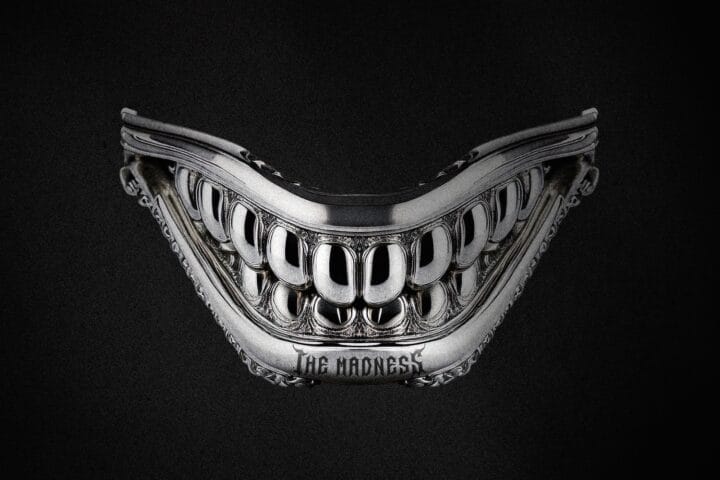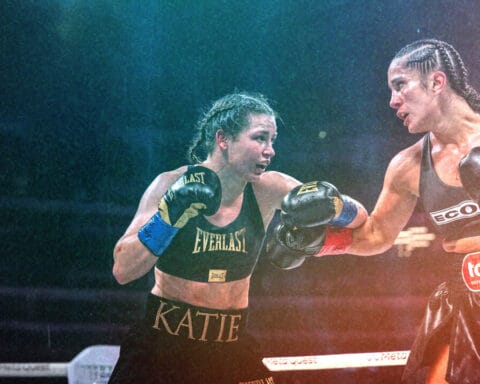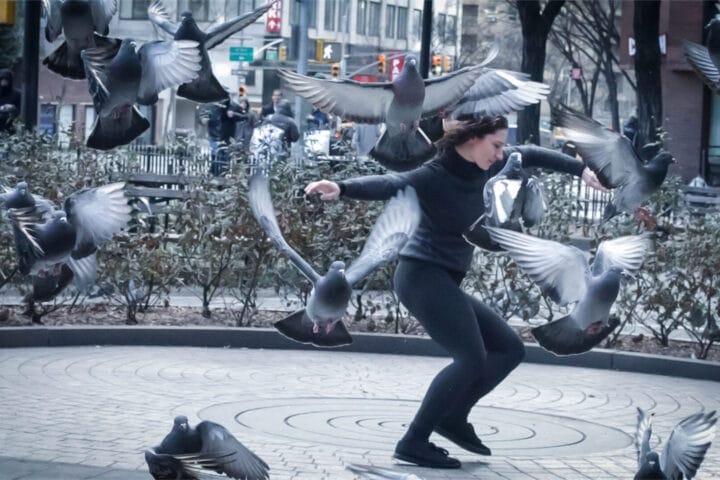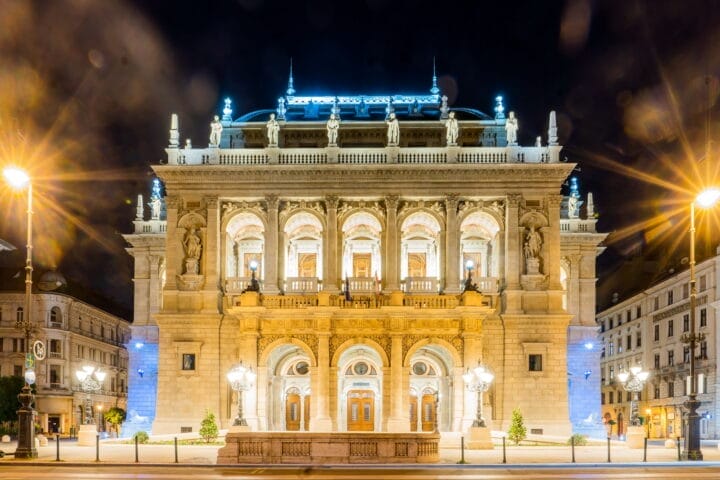Following Salzburg, Berlin, Amsterdam, Madrid, and Paris, Claus Guth’s critically acclaimed 2008 adaptation of Don Giovanni is presented at the Opera House. The title role of this provocative, youthful production (sold out weeks before the 2 March 2024 Budapest premiere) is performed by Gábor Bretz and Károly Szemerédy, the ensembles of the Hungarian State Opera are conducted by principal conductor Martin Rajna.
Don Juan, the arrogant womanizer who defies the heavens, has inspired authors in various art forms for centuries. His figure was first established by the 17th-century Spanish playwright Tirso de Molina, but his story was also written by Molière, whose play was adapted as ballet music by Gluck a hundred years later. (The contemporary French choreographer Thierry Malandain’s choreography to Gluck’s music was presented by the Hungarian National Ballet in 2021.) The first 18th-century opera adaptation (Antonio Denzio, 1730) and the Prague performances of Vincenzo Righini’s 1776 tragicomedy also contributed to Mozart’s treatment of the subject together with Lorenzo Da Ponte, the librettist of his previous successful opera, Le nozze di Figaro. The premiere of the opera took place in 1787 at the National Theater in Prague (today’s Estates Theatre) with the composer conducting.
The opera by Mozart and Da Ponte, which provides a wide framework for interpretation, was staged in 2008 by Claus Guth at the request of the Salzburg Festival. Guth, an outstanding representative of the German Regietheater, had already been known for his stagings of contemporary operas as well as several productions from the classical repertoire that are often provocative but always consider the original intentions of the authors.

The director employed by Europe’s leading opera houses transfers the plot to a forest in the present. An important change in his interpretation is that in the opening duel, Don Giovanni also receives a fatal wound. Thus, the action becomes the agony of the heartthrob, a look-back on his life full of conquests and hedonism. The concept combines both the 1787 Prague and the 1788 Vienna versions of the opera: just like the Austrian premiere, it omits the closing sextet, which can be considered a second finale of the piece, but at the same time it does not use the rarely performed Leporello-Zerlina duet of the same version. The realistic-naturalistic approach is completed by the lifelike night forest created by designer Christian Schmidt for a revolving stage. The timelessness of the production is shown by the fact that in the last decade it has been staged by the Berlin State Opera, the Dutch National Opera in Amsterdam, the Teatro Real in Madrid, and this season by the Opéra Bastille in Paris.
The title role of Don Giovanni is sung on alternate performances by two internationally recognized Hungarian soloists. Gábor Bretz previously performed the immoral womanizer at the Erkel Theatre Budapest, the National Theater in Zagreb, and at the Sydney Opera House. Károly Szemerédy, who has already performed the role at the Teatro Real in Madrid, is now making his debut as Don Giovanni at the Budapest Opera House. Leporello is performed by Krisztián Cser, who has played Don Giovanni’s servant at the OPERA’s productions for more than a decade.
Further cast includes young talents of the OPERA: Prima Award recipient Natália Tuznik as Donna Anna, Artúr Szeleczki as Don Ottavio, Bence Pataki as Masetto, Brigitta Kele as Donna Elvira, and András Kiss as Commendatore. The role of Zerlina is performed by Boglárka Brindás, currently training at the Academy of the Paris Opera. The Hungarian State Opera Orchestra and Chorus (chorus director: Gábor Csiki) are conducted by Prima Award recipient Martin Rajna.











